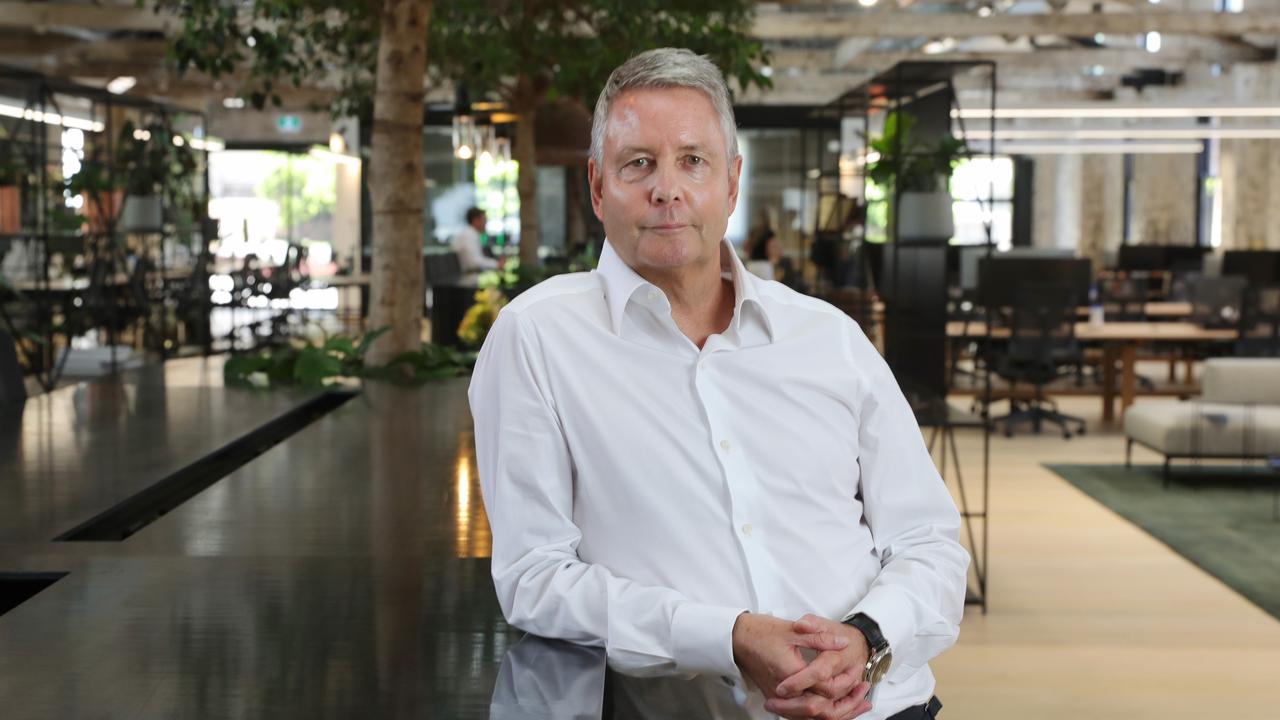How Xero went from a scribbled figure on a serviette to a $2 billion company
MOST billion-dollar companies have a good origin story — a garage here, a chance meeting there. This one started with something we throw away every day.

Business Technology
Don't miss out on the headlines from Business Technology. Followed categories will be added to My News.
IT ALL started with a serviette.
It was 2005 and after a long day of presentations, New Zealander Rod Drury was sitting across the table from the chief executive of Quest Software at a waterfront restaurant in the exclusive enclave of Laguna Beach in California.
It had been a productive day and Mr Drury had developed a good relationship with Quest over potentially selling his business, Aftermail.
Then, over dessert, the Quest CEO slides his serviette over, just like you see in the movies. On the serviette was a figure: $45 million. That was how much Quest was willing to pay to buy Aftermail.
It’s also how Xero, the New Zealand cloud accounting software firm, was born. With the acquisition of Aftermail for $45 million after only 18 months in business, Mr Drury had the money he was looking for to establish Xero.
“Aftermail was built on an acquisition model — we were basically looking to get acquired,” he said. “It was pretty exciting when [the serviette moment] happened. The deal took another six months to finalise but it was nice to get the capital to get Xero started.”
Mr Drury said he had the idea for Xero before he started Aftermail but knew he wanted to build Xero as a long-term business that could make acquisitions of its own.

Eight years after starting Xero in his native New Zealand, the company now has offices all over New Zealand, Australia, the US and the UK. It employs over 1000 people worldwide with its staff roughly split down the line between technology and sales. It launched in Australia in 2009.
It’s listed on both the Australian and New Zealand stock exchanges and has been valued at just under $2 billion.
Mr Drury said Xero is miles ahead of its nearest competitor in its category in Australia, New Zealand and the UK. In the US, Intuit is the market leader but he said the market is so big that Xero can grow with no problems. “Intuit doesn’t have to lose for us to win,” he said.
To get to this point, Mr Drury said Xero has raised over $250 million in funding rounds and takes in more than $100 million in annualised revenue.
But he’s quick to play down any trans-Tasman rivalries.
Because of its global footprint, Mr Drury no longer considers Xero a “New Zealand company”, even though it is still headquartered there. He said: “We’re not a New Zealand company, we’re an Australasia company. The Australian team is making a big difference.”
And he’s not done yet. Next up is Canada and the English-speaking parts of Asia — “there are lots of customers in Canada so we’ll probably do that in the next year or so,” he said.
Originally published as How Xero went from a scribbled figure on a serviette to a $2 billion company


